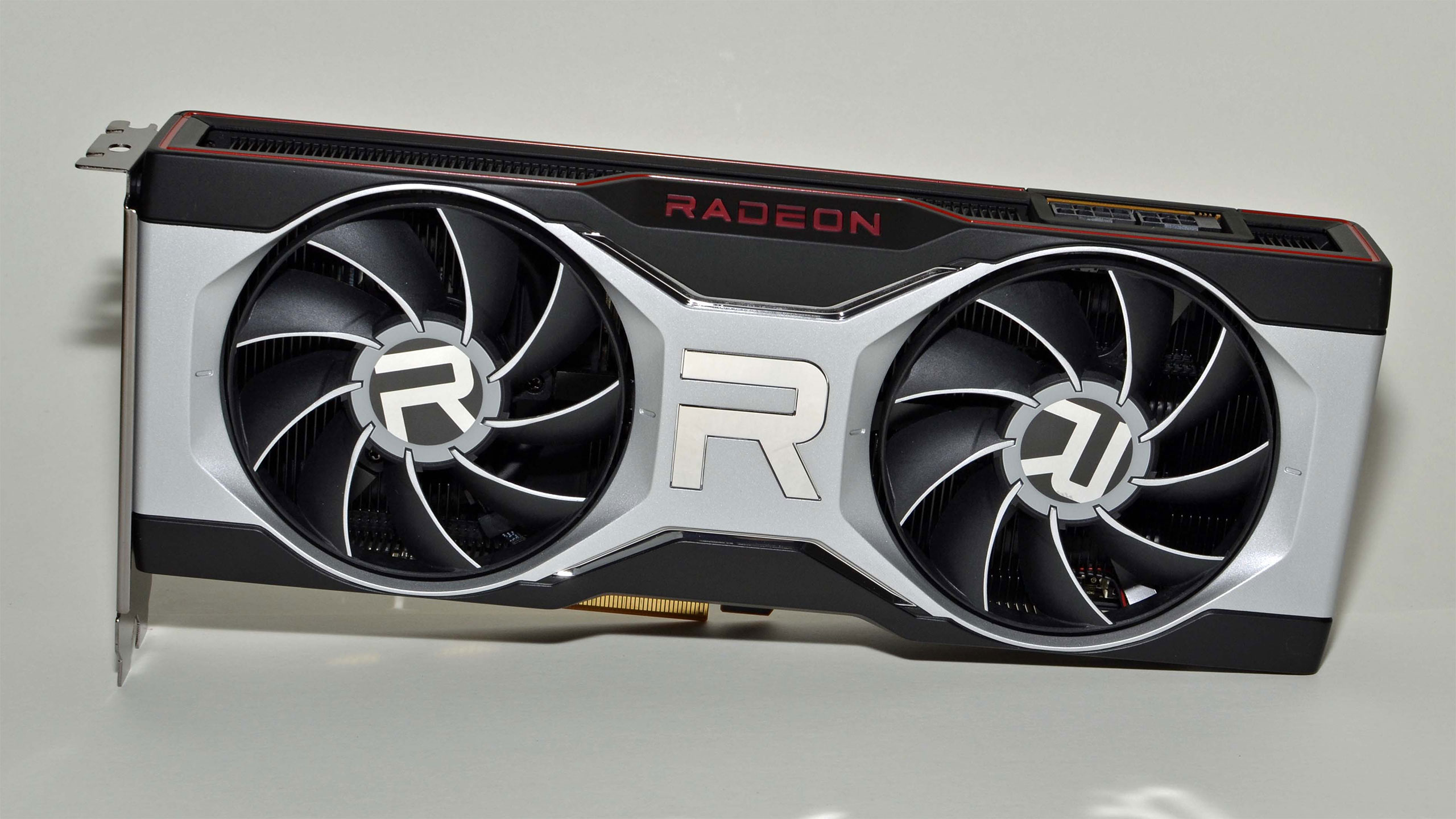ZLUDA, the software that enabled Nvidia’s CUDA workloads to run on Intel GPUs, is back but with a major change: It now works for AMD GPUs instead of Intel models (via Phoronix). And it seems further work on the project won’t be happening, at least not major updates, with ZLUDA developer Andrzej Janik (going by the handle vosen) saying “realistically, it’s now abandoned.”
ZLUDA first popped up back in 2020, and showed great promise for making Intel GPUs compatible with CUDA, which forms the backbone of Nvidia’s dominant and proprietary hardware-software ecosystem. Although Intel’s only GPUs at the time were integrated graphics, the computing world was expecting the launch of Intel’s Xe-based GPUs, such as Ponte Vecchio and Arc Alchemist. Now that those GPUs are out, ZLUDA would find lots of use, which was presumably the intention in 2020.
However, ZLUDA was taken off of GitHub in February 2021, with Janik citing “private reasons.” With ZLUDA’s return, the developer has decided to clarify what those reasons are, and it has to do with Intel and AMD. When Janik first started developing ZLUDA, he was an Intel employee and was lobbying internally for the company to adopt it. Intel requested Janik take the project down while they evaluated it, but as the developer puts it, “Intel decided there is no business case for running CUDA applications on Intel GPUs.”
Subsequently, Janik left Intel and got in touch with AMD, which signed a contract concerning ZLUDA development. Just like Intel, AMD took its time evaluating ZLUDA and asked for ZLUDA to remain private before it came to a decision. Eventually, AMD made the same conclusion as Intel, that “there is no business case for running CUDA applications on AMD GPUs.” Janik was then released from the contract and could finally bring ZLUDA back publicly.
Today’s ZLUDA is very different from the 2020 version however. Instead of being built on Intel’s oneAPI and including support for the company’s GPUs, it is based on AMD’s competing ROCm solution and only supports Radeon GPUs. It’s not entirely clear why Intel support was yanked, but it may have something to do with the fact that ZLUDA’s 2020 release only supported pre-Xe integrated graphics. By the time Arc Alchemist GPUs came out in 2022, Janik was working with AMD.
Additionally, the developer stated ZLUDA “will only possibly receive updates to run workloads I am personally interested in (DLSS),” meaning the project is more or less done. It seems Janik’s ultimate goal was to get support from Intel or AMD, but with the two out of the picture, he says “we’ve run out of GPU companies.”
That Intel and AMD aren’t interested in making their GPUs compatible with the existing CUDA ecosystem is telling. It seems they would rather go head-to-head with CUDA with oneAPI and ROCm, which are newer and less developed but boast the benefit of being open-source. CUDA is still by far the more popular solution for professional and datacenter graphics software, and it’s not clear if that’s going to change any time soon, especially if Nvidia’s GPUs continue to lead Intel’s and AMD’s in features and performance.
